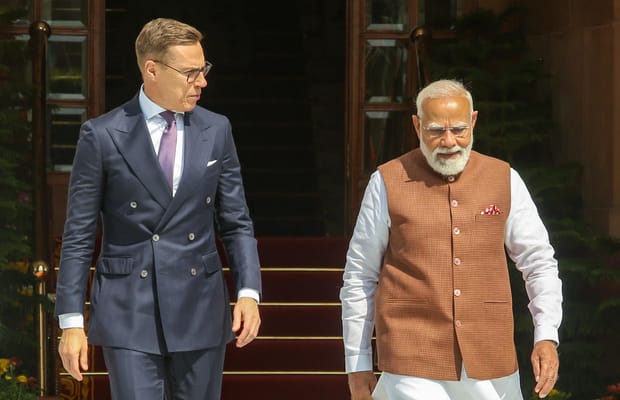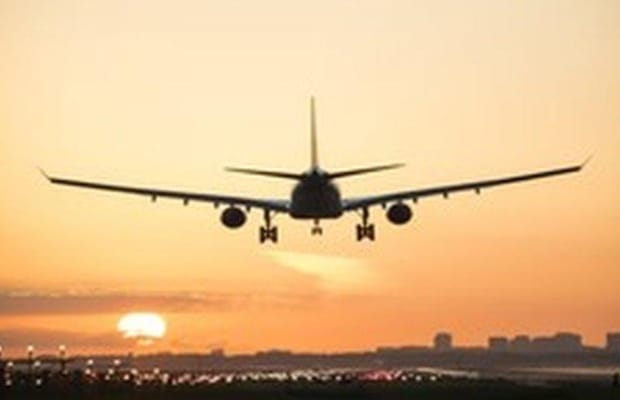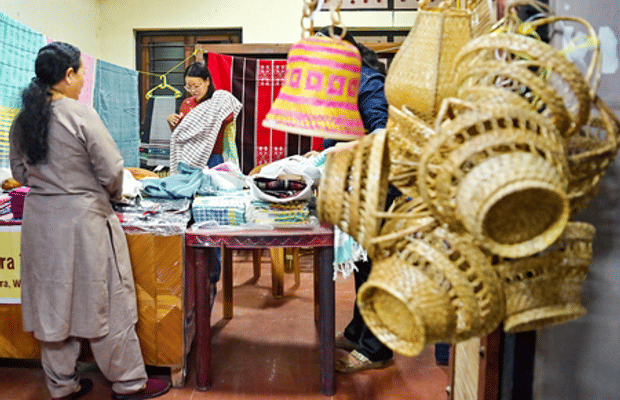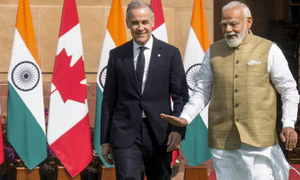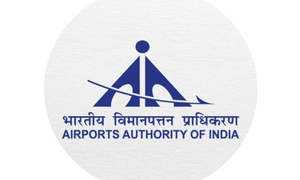
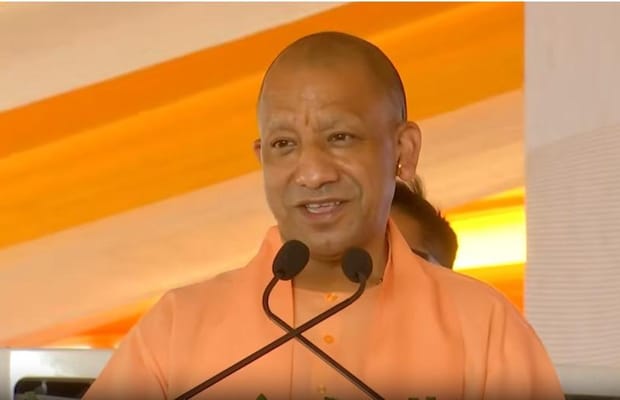





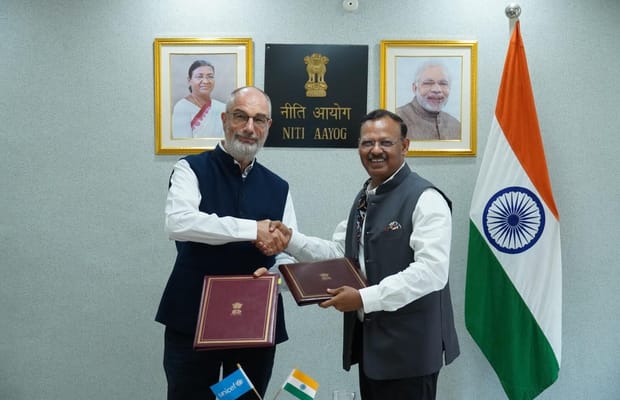
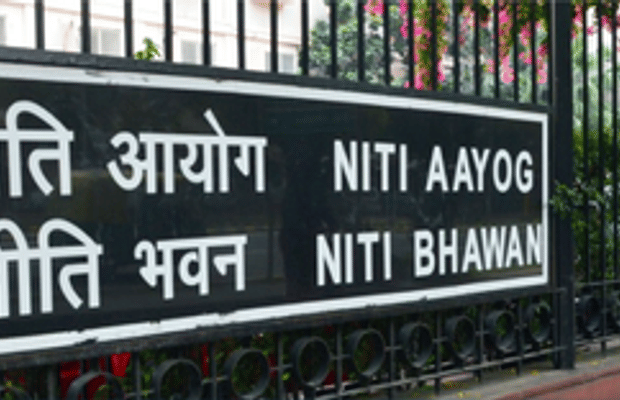

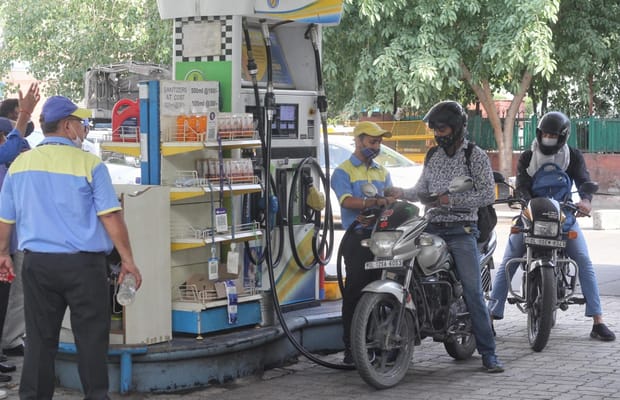
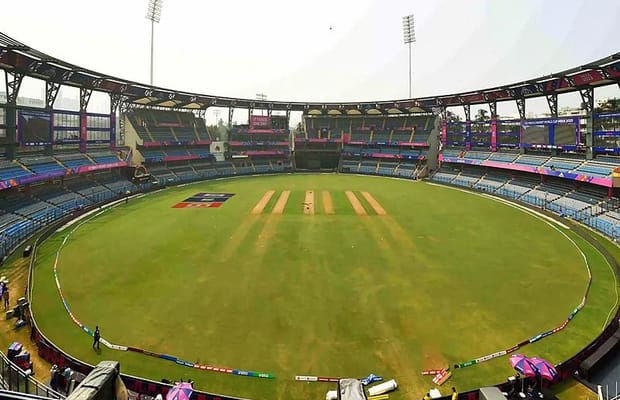


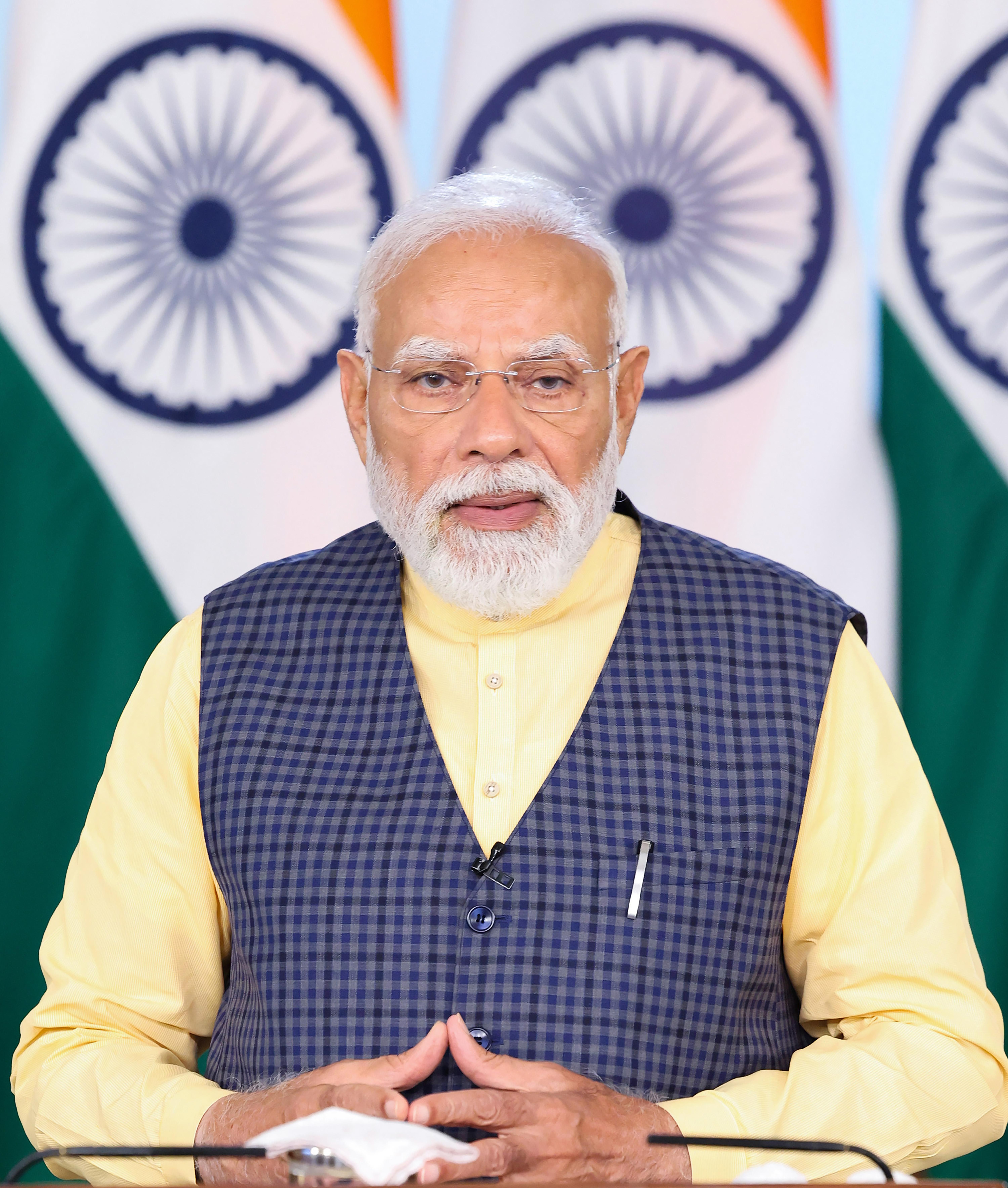
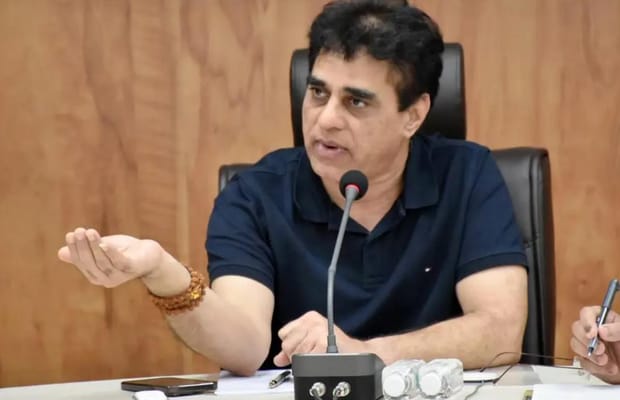
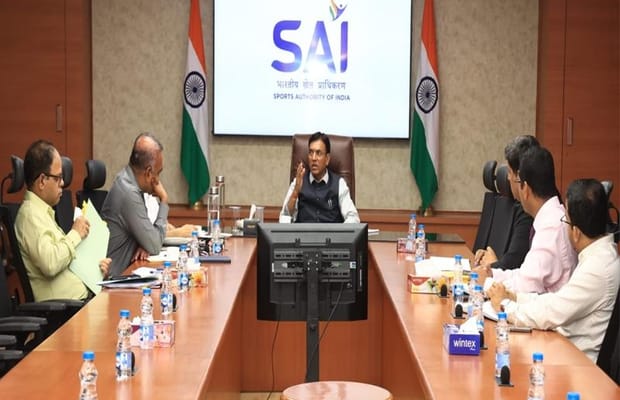




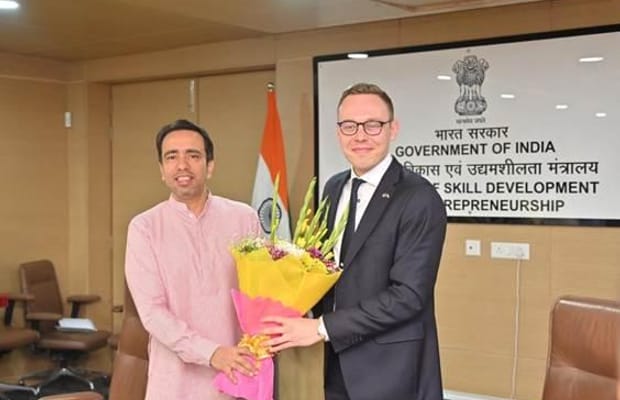

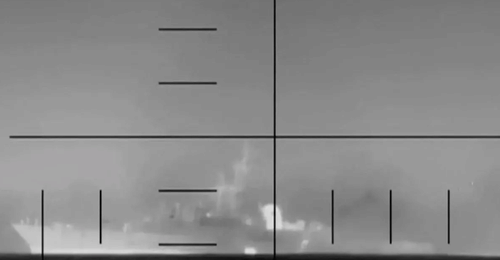



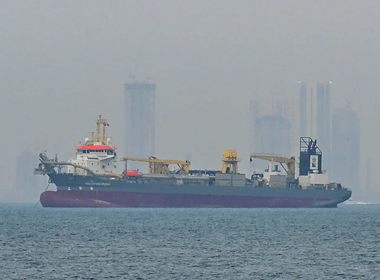




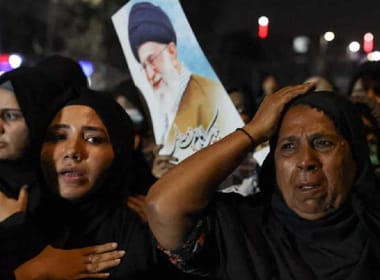
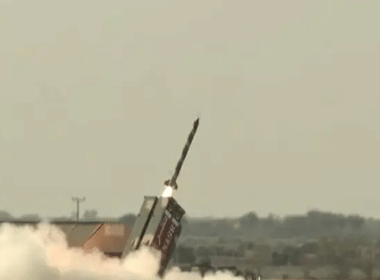
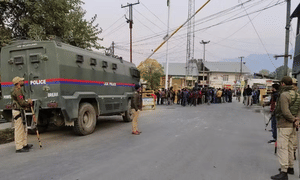


India has strongly rejected as “baseless” a viral claim that the United States is using its naval ports to launch strikes against Iran amid rising tensions in the Middle East. The claim originated from a video interview of retired US Army Colonel Douglas Macgregor on One America News Network (OAN). In the clip, Macgregor alleged that, with US bases and harbor facilities destroyed, American naval forces are now relying on Indian ports. He said, “All of our bases have been destroyed. Our harbour installations are destroyed. We are actually having to fall back on India and Indian ports, which is less than ideal; that is what the navy says.”
India’s Ministry of External Affairs (MEA) quickly dismissed the report via its official FactCheck account on X (formerly Twitter), calling the claims “fake and false” and warning against “baseless and fabricated comments.” The response reflects New Delhi’s focus on countering misinformation on sensitive national security and international issues.
The controversy comes amid a sharp escalation in the US-Israel-Iran conflict, triggered last Saturday by joint American-Israeli strikes on Iran, which killed the country’s 86-year-old Supreme Leader, Ayatollah Ali Khamenei. Iran retaliated with missile attacks on Israel and US bases in the Gulf. On Tuesday night, a US submarine reportedly sank an Iranian warship in the Indian Ocean near Sri Lanka—the first such submarine strike on a surface vessel since World War II—resulting in 87 deaths. Casualties continue to rise, with over 1,000 reported in Iran, around a dozen in Israel, and at least six US troops killed.
US President Donald Trump defended the pre-emptive strikes, describing America’s performance as “15 out of 10,” and claiming Iran posed an imminent threat. Israeli Prime Minister Benjamin Netanyahu framed the conflict as a necessary response, insisting it would not be “an endless war.” The region remains tense, with Iran’s missile attacks—including cluster bombs—raising concerns about technological support from Russia and China, while oil markets face potential disruptions.
For India, the MEA’s swift denial underscores its effort to protect strategic autonomy, maintain stable relations with the US and Israel, and avoid being drawn into a volatile conflict near its maritime interests in the Indian Ocean. Analysts note that Macgregor’s unverified claims demonstrate how retired military voices can amplify misinformation online, often faster than official clarifications. Observers will continue monitoring India’s stance as the conflict unfolds, especially given its growing defense cooperation with the US through the Quad and bilateral agreements.
Disclaimer: This image is taken from Indian Defence News.

Congress leader Rahul Gandhi on Thursday criticized Prime Minister Narendra Modi, saying that while the West Asia conflict has reached India’s doorstep, the PM has remained silent. He added that the country needs steady leadership, but instead has a “compromised PM who has surrendered our strategic autonomy.”
Gandhi warned that the world is entering a volatile phase, with “stormy seas ahead.” He highlighted India’s vulnerability, noting that over 40% of the country’s oil imports pass through the Strait of Hormuz, and the situation is even worse for LPG and LNG. He also pointed to the recent sinking of an Iranian warship in the Indian Ocean, emphasizing that the Prime Minister has yet to respond.
His remarks came a day after a US submarine torpedoed and sank the Iranian warship in international waters near Sri Lanka, after it had participated in India’s MILAN naval exercise—a multilateral wargame inaugurated by Defence Minister Rajnath Singh in Visakhapatnam from February 19–25, 2026, with 18 countries participating, including the USA and Iran.
Congress general secretary Jairam Ramesh called the Modi government’s silence “shocking” and unprecedented, noting that India has never appeared so “timid and fearful,” especially given the implications of the incident for maritime security in the Indian Ocean, often considered India’s strategic backyard. Ramesh also criticized the government for its continued silence over recent targeted assassinations in Iran. US Defence Secretary Pete Hegseth confirmed that the strike marked the first torpedo sinking of an enemy warship since World War II. Reports from the Sri Lankan Navy stated that 87 bodies were recovered and 32 people rescued from the Iranian warship IRIS Dena.
The incident represents a major escalation in US-Iran tensions outside the Persian Gulf, raising concerns for regional maritime security. Following recent US and Israeli strikes on Iran on February 28, including the killing of Supreme Leader Ayatollah Ali Khamenei, Iran has retaliated with attacks targeting Israel and American bases across several Gulf countries, including the UAE, Bahrain, Kuwait, Jordan, and Saudi Arabia. India has called for dialogue and diplomacy to resolve the crisis.
Disclaimer: This image is taken from PTI.
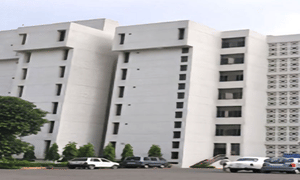
A court in Karkardooma has acquitted a man accused in a 27 year old case involving death and injuries allegedly caused by negligence. The case relates to the collapse of a ceiling during house construction work in the Bhajanpura area in September 1999. The accused, Shiv Dutt, was cleared of all charges nearly three decades after the incident. Due to his poor health, he was unable to attend the court, and his grandson appeared on his behalf on the day the judgement was delivered.
The case began after an FIR was registered on September 16, 1999, based on a complaint filed by Murari Lal Sharma, one of the injured persons. During the trial, one prosecution witness turned hostile, while several others failed to support the prosecution’s claims. Judicial Magistrate First Class Pankaj Rai ruled that the prosecution could not establish that the death and injuries were the result of negligence by Shiv Dutt. The court stated that the charges under Sections 337, 338, and 34 of the IPC were not proven beyond reasonable doubt.
Shiv Dutt, who owned the house, had hired a contractor, Shahzad also known as Bhura, to carry out repair work. Shahzad died while the case was still pending. The court observed that once the work had been assigned to an independent contractor with expertise in construction, the owner could not be held responsible for the execution of the work. The judgement noted that the prosecution failed to prove that the victims’ injuries were directly caused by any rash or negligent act of Shiv Dutt. The court also pointed out that there was no expert report or structural engineer’s opinion indicating that the accused had prior knowledge of the building being structurally weak. Many of the prosecution witnesses were found to be formal in nature.
One of the key witnesses, Jai Prakash, a neighbour of the accused, turned hostile during the proceedings. As a result, the court concluded that the evidence on record did not establish negligence on the part of the accused. The court further stated that Shiv Dutt could not be held liable for any negligent act committed by the contractor. It also found no evidence to suggest that there was any common intention between Shiv Dutt and the contractor to commit an offence.
While acquitting the accused, the court directed the Delhi Legal Services Authority to consider compensation for the victims. The court said that even though the accused had been acquitted, the State still had a responsibility to ensure justice and support for the victims and their families. The matter has been referred to the Secretary of the Delhi Legal Services Authority in the North East district to evaluate and award compensation to the injured victims and the family members of the deceased under the Delhi Victim Compensation Scheme.
According to the case details, on September 16, 1999, around 10 am, police received information about the collapse of a ceiling in a house located in Arjun Gali, Maujpur, Delhi, where 15 to 20 labourers were reportedly trapped under the debris. When police reached the site, a large crowd had gathered, and they learned that the injured workers had already been taken to GTB Hospital by PCR vans and CAT ambulance services.
The incident left several people injured, including Murari Lal, Ashok, Anil, Mahesh, Ilyas, Deepak, and Om Prakash, while one labourer named Wahid lost his life. During the investigation, it emerged that Shiv Dutt had assigned the work of constructing the roof on the first floor of his house to contractor Shahzad. While the roof slab was being lifted, it suddenly collapsed onto the labourers working at the site, resulting in seven injuries and one fatality. Advocate DD Pandey, representing Shiv Dutt, argued that the prosecution’s witnesses had not supported the allegations and that there was insufficient evidence to establish the accused’s guilt.
Disclaimer: This image is taken from eastdelhi.dcourts.gov.in.
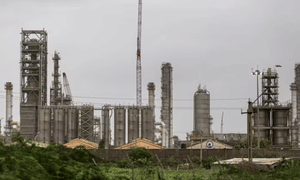
Two Russian oil cargoes that were initially headed toward East Asia have redirected their routes to India, according to ship tracking information, indicating that New Delhi may be more open to accepting the crude as tensions in the Middle East escalate. Data from Kpler and Vortexa show that two tankers carrying a combined total of about 1.4 million barrels of Urals crude are scheduled to unload at Indian ports this week. Earlier signals suggested the shipments were bound for destinations farther east. Urals crude, typically loaded from ports in the Baltic and Black Seas, had once been widely purchased by Indian refiners. However, imports have dropped significantly this year amid pressure from the United States urging India to reduce purchases.
The Suezmax tanker Odune, transporting roughly 730000 barrels, reached Paradip on India’s eastern coast on Wednesday, according to ship tracking data and port agent reports, though it remains unclear whether the cargo has been unloaded. Another tanker, the Aframax vessel Matari carrying more than 700000 barrels, is expected to arrive at Vadinar on the western coast on Thursday.
Indian refiners had recently scaled back their purchases of Russian crude to avoid complicating trade discussions with Washington. This shift forced Russia to increasingly look toward China for buyers. However, the ongoing conflict in the Middle East and the disruption around the Strait of Hormuz are raising concerns about possible supply shortages, prompting Indian processors to reconsider Russian supplies.
Further route changes may also occur. The Suezmax tanker Indri, currently in the Arabian Sea and previously indicating Singapore as its destination, recently altered course toward India while carrying around 730000 barrels of Urals crude, according to tracking data. All three tankers — Odune, Matari and Indri — were sanctioned last year by both the United Kingdom and the European Union.
Global Ship Solutions LLC, based in Azerbaijan and listed in the Equasis database as the manager of Odune, did not immediately respond to an email request for comment. Contact details for the vessel’s Hong Kong based owner, Sylvarn Fleetline Ltd, were unavailable. Similarly, Anchor Elite Shipmanagement, the Azerbaijan registered manager of Matari, did not respond to an emailed inquiry, and contact information for the ship’s owner, Oasis Bloom Corp, could not be located. No email or telephone contact information was available for Indri’s Hong Kong based owner Veyronda Seaborne Ltd or its Azerbaijan based manager Stellar Ship Solutions LLC.
Disclaimer: This image is taken from Bloomberg.



Amid rising tensions in the U.S.–Israel–Iran conflict, airlines are diverting flights away from major Middle East routes that connect Asia and Europe. This shift raises the question: could new aviation hubs emerge beyond established centers like Dubai and Doha? How might this affect ticket costs, cargo transport, and the broader landscape of global air travel? Andrea Heng and Hairianto Diman explore these issues with Shantanu Gangakhedkar, Principal Consultant and Commercial Aviation Lead at Frost & Sullivan.
Disclaimer: This podcast is taken from CNA.

The Middle East conflict is intensifying rapidly, with reports of casualties and damage in at least nine countries within just 10 hours. Israeli and US aircraft have carried out new strikes across Iran, while Iranian missiles and drones target US-allied Gulf states. Nosheen Iqbal talks with Jamie Wilson, the Guardian’s head of international news – watch the discussion on YouTube.
Disclaimer: This podcast is taken from The Guardian.

The Middle East is at a pivotal moment after the reported death of Iran’s Supreme Leader, Ayatollah Ali Khamenei, in strikes by the U.S. and Israel. Retaliatory attacks have followed on both sides, sparking concerns about wider regional instability. Nations across the globe are urging calm, dialogue, and diplomatic efforts as tensions escalate. Andrea Heng and Hairianto Diman discuss the latest updates with Dr. Peter Layton, Visiting Fellow at the Griffith Asia Institute, Griffith University.
Disclaimer: This podcast is taken from CNA.

President Donald Trump’s State of the Union address showcased America’s economic successes and ambitious promises, projecting a confident vision for the nation’s future. But how accurate are these claims, and what issues still linger? Hairianto Diman and Elakeyaa Selvaraji analyze the main themes and their potential implications for the country’s future, with insights from Steven Okun, CEO of APAC Advisors.
Disclaimer: This podcast is taken from CNA.


